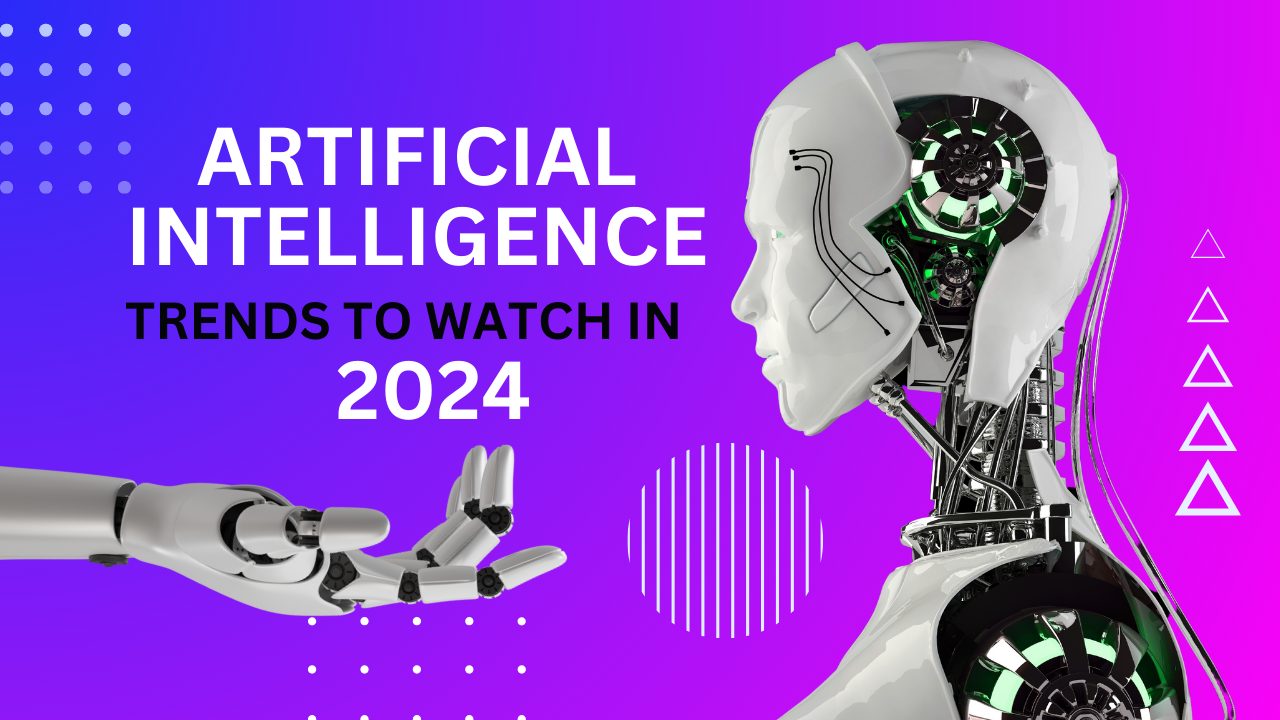Artificial intelligence (AI) continues to revolutionize industries worldwide, and 2024 is shaping up to be another pivotal year for this transformative technology. From advancements in healthcare to the integration of ethical AI frameworks, the landscape of AI is evolving rapidly. Businesses and individuals alike need to stay informed about the trends shaping AI’s future. This article delves into the most significant AI trends to watch in 2024, exploring their potential impact on industries and society. Explore more about our company on [our homepage].
Generative AI

Generative AI, which enables the creation of text, images, music, and even code, is redefining creative and professional workflows. In 2024, we’ll see generative AI tools becoming more sophisticated and accessible. These tools empower professionals in marketing, entertainment, and software development by automating repetitive tasks and sparking innovation.
Moreover, advancements in generative adversarial networks (GANs) and diffusion models are enhancing content quality, making AI-generated outputs nearly indistinguishable from human-created content. Businesses are leveraging these capabilities to personalize customer experiences and create impactful advertising campaigns. However, with these advancements comes the challenge of distinguishing authentic content from AI-generated material, prompting discussions around regulation and transparency.
AI in Healthcare

Healthcare remains one of the most promising fields for AI applications. In 2024, AI is poised to make significant strides in diagnostics, treatment planning, and patient care. Machine learning algorithms are being used to analyze medical images with unprecedented accuracy, aiding in the early detection of diseases such as cancer and cardiovascular conditions.
Additionally, AI-powered wearable devices are gaining popularity, allowing for continuous health monitoring and real-time data analysis. These innovations enable healthcare providers to offer personalized care and improve patient outcomes. However, integrating AI into healthcare systems also raises concerns about data privacy and the ethical use of patient information, which must be addressed to fully realize AI’s potential in this sector.
Autonomous Systems

Autonomous systems, including self-driving vehicles and drones, are set to become more prevalent in 2024. AI-driven advancements in sensor technology and real-time decision-making are improving the safety and reliability of these systems. Autonomous delivery services and logistics solutions are gaining traction, offering efficient and cost-effective alternatives to traditional methods.
In the automotive industry, self-driving cars are moving closer to widespread adoption, with companies conducting extensive testing to ensure compliance with safety standards. Despite these advancements, challenges such as regulatory hurdles and public trust in autonomous systems remain critical areas for development. Dive deeper into our [blog posts] for in-depth insights and examples.
Ethical AI
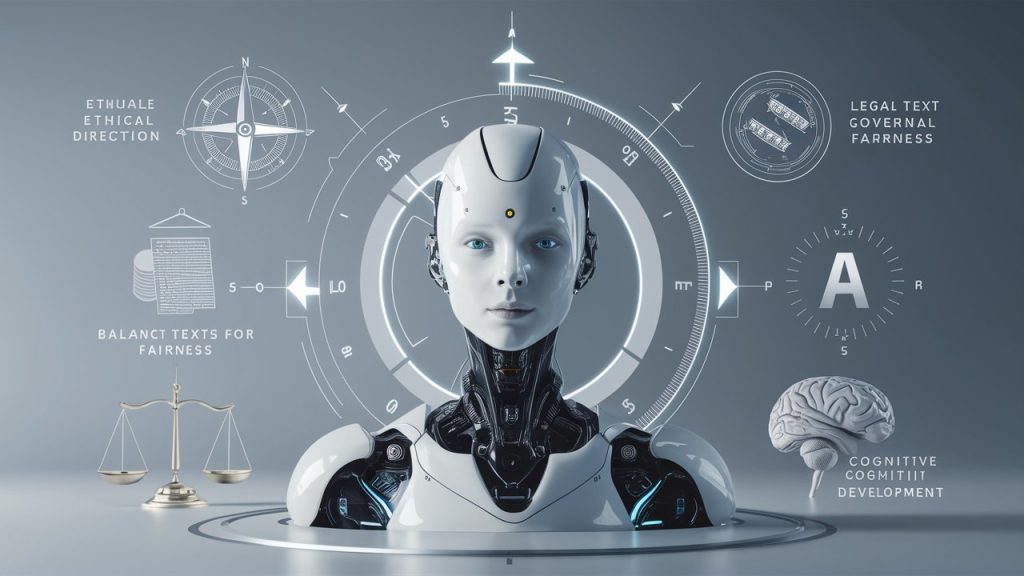
As AI becomes more integrated into daily life, ethical considerations are taking center stage. In 2024, organizations are prioritizing the development of ethical AI frameworks to ensure fairness, accountability, and transparency. Bias in AI algorithms is a significant concern, and efforts to mitigate it are gaining momentum.
Moreover, governments and international organizations are introducing policies to regulate AI applications, promoting responsible use while fostering innovation. Ethical AI practices are not only a moral imperative but also a business necessity, as consumers increasingly demand accountability from companies leveraging AI technologies.
Edge AI
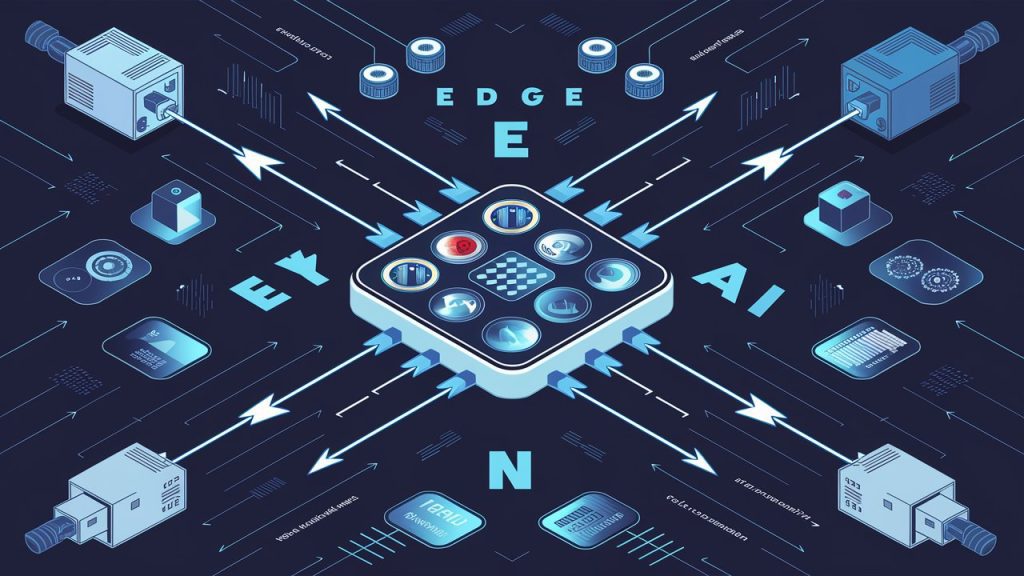
Edge AI, which brings data processing closer to the source rather than relying on centralized data centers, is revolutionizing how AI applications function. In 2024, edge AI will become more prominent, particularly in industries requiring real-time data processing, such as manufacturing, healthcare, and retail.
The key advantage of edge AI lies in its ability to reduce latency, enhance privacy, and minimize bandwidth usage. By processing data locally, edge AI enables faster decision-making and reduces dependency on cloud infrastructure. As IoT devices become more ubiquitous, edge AI is expected to play a critical role in optimizing their performance and security.
AI in Natural Language Processing
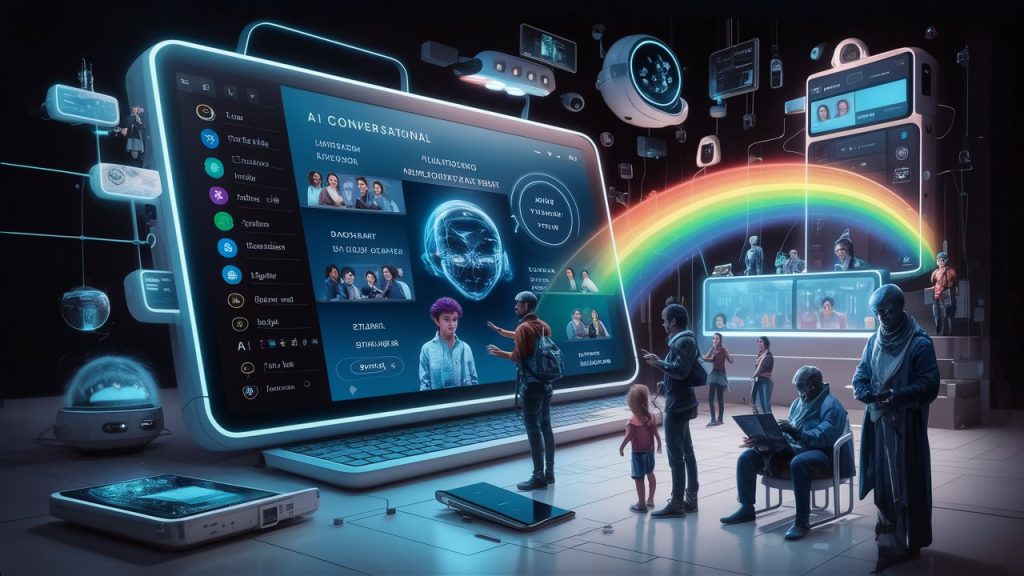
Natural language processing (NLP) continues to evolve, enabling machines to understand and respond to human language more effectively. In 2024, advancements in NLP are expected to enhance applications such as chatbots, virtual assistants, and language translation tools.
Large language models are becoming more refined, offering improved contextual understanding and conversational capabilities. These developments are transforming customer service, content creation, and education by providing users with intuitive and interactive experiences. However, ethical considerations, such as the potential misuse of AI-generated content, remain a pressing issue in the NLP domain.
AI and Cybersecurity
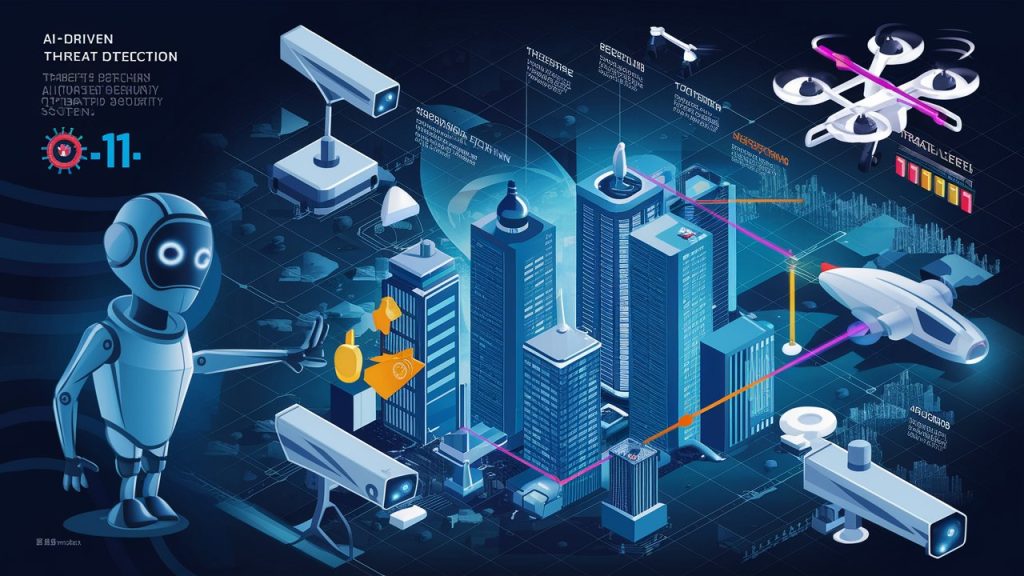
Cybersecurity is another area where AI is making significant contributions. In 2024, AI-powered tools are expected to play a pivotal role in detecting and preventing cyber threats. Machine learning algorithms can analyze vast amounts of data to identify anomalies and potential vulnerabilities, enabling organizations to respond proactively.
Additionally, AI-driven threat intelligence platforms are helping businesses stay ahead of emerging cyber threats. However, cybercriminals are also leveraging AI to develop more sophisticated attacks, creating an ongoing battle between defenders and attackers. As a result, organizations must continuously innovate to maintain a robust cybersecurity posture.
AI in Finance

The financial industry is leveraging AI to enhance decision-making, risk management, and customer experiences. In 2024, AI-powered tools are expected to improve fraud detection, credit scoring, and investment strategies. By analyzing historical data and market trends, AI enables financial institutions to make data-driven decisions with greater accuracy.
Moreover, AI is transforming customer interactions through chatbots and personalized financial advice, providing users with seamless and efficient services. While the benefits are substantial, financial institutions must address challenges such as data security and regulatory compliance to maximize the potential of AI applications.
Conclusion: The Artificial Intelligence and its global advancement
The AI trends of 2024 highlight the transformative potential of this technology across various industries. From generative AI and healthcare innovations to ethical considerations and edge computing, AI is reshaping how businesses and individuals operate. As AI continues to advance, it is crucial to address the ethical, regulatory, and technical challenges accompanying its growth. By embracing these trends responsibly, organizations can harness the power of AI to drive innovation, improve efficiency, and create a positive impact on society. [Contact us] today and let’s discuss your project in detail.

